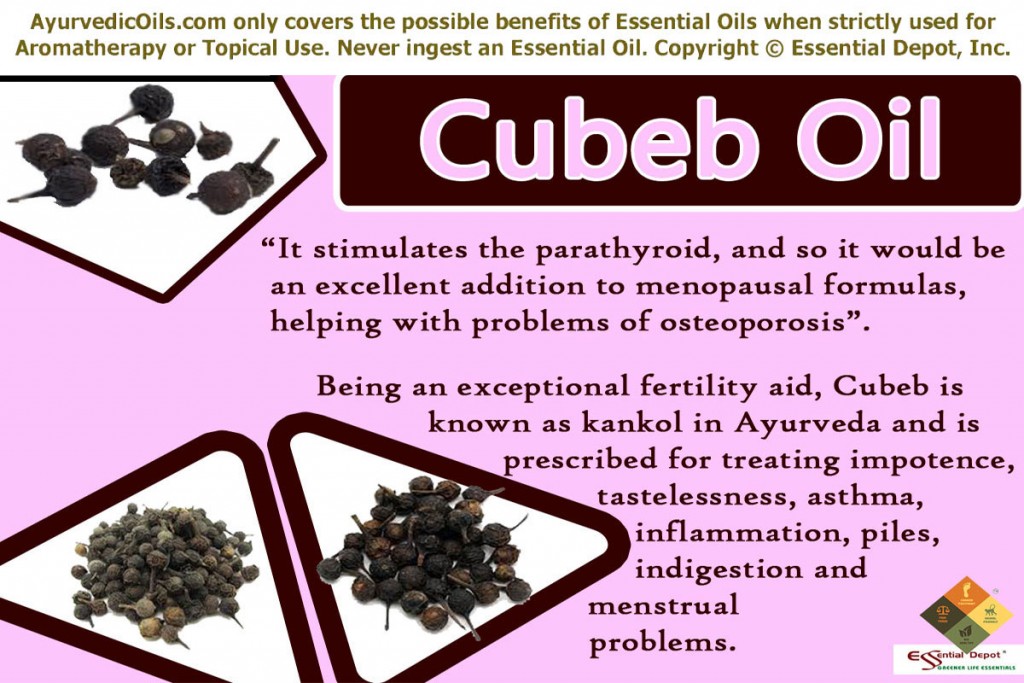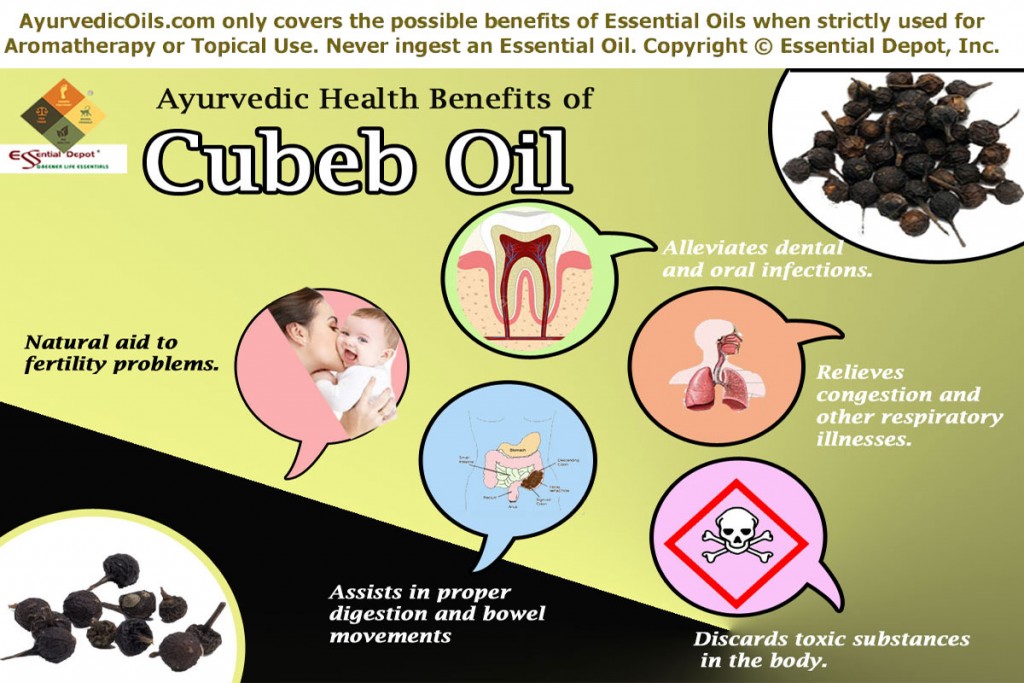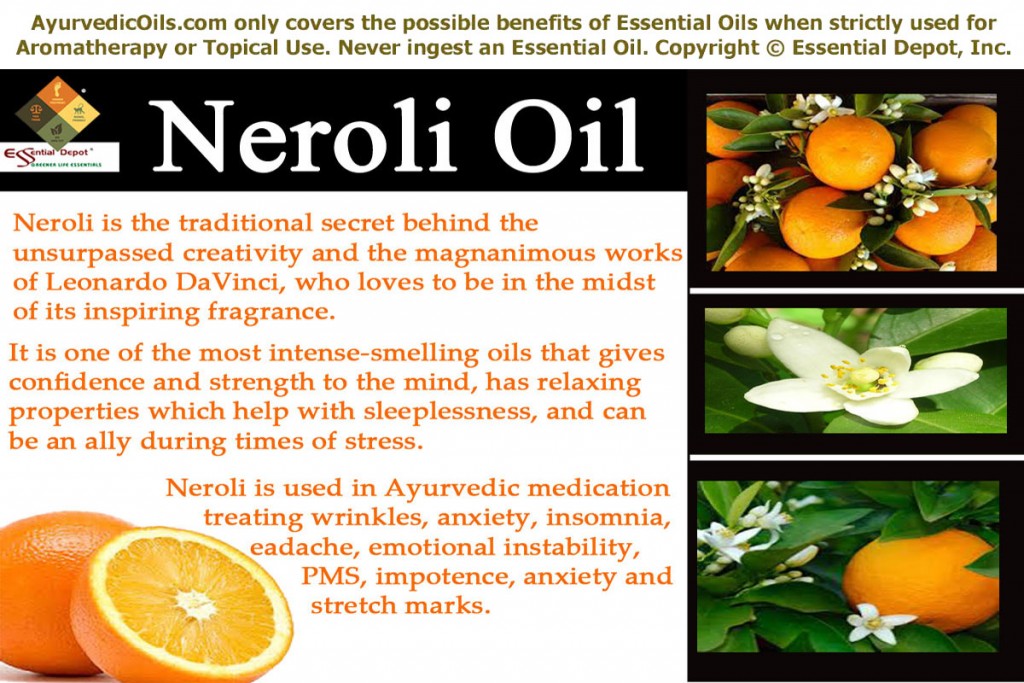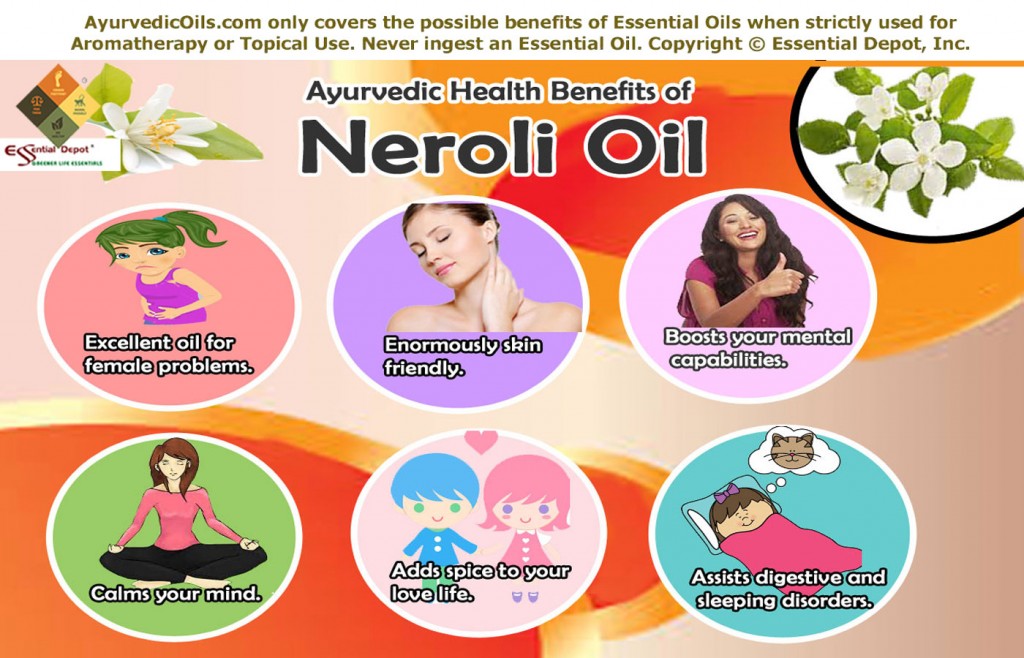Coriander is a divine herb that makes us feel the touch of nature’s magnificence with its tiny little seeds that possess mammoth benefits for various medical conditions including the chronic cancer and durable diabetes. Extracted from the seeds of the Coriandrum sativum plant by steam distillation, organic Coriander essential oil is a proven natural remedy for treating migraine, arthritis, neurological inflammation, urinary tract infections, fever and indigestion.
Coriander is said to have its name etched in numerous Sanskrit texts dating more than 7000 years. This herb is known in Ayurveda as Dhanyaka or Dhaniya and is a member of the Ayurvedic family Shat pushpa. Coriander and its essential oil is also recommended in Ayurveda for relieving menstrual problems, fever, hepatitis C, parasitic worms, kidney disorders, mouth ulcers, high cholesterol level, colitis, urticaria, hay fever, loss of memory, rheumatism, impotence etc.,
Purchase Coriander Oil Indian – Wholesale – CLICK HERE
Historical uses and importance of Coriander and its essential oil: It is indigenous to the Mediterranean region and has been used throughout the history of various traditions both for culinary and medicinal purposes. It was prevalently used for indigestion, stomach ache, nausea and other gastrointestinal disorders.
The traditional Ayurvedic text, Sushruta Samhita states Coriander as Kustumvari and used it as a demulcent aid for treating thirst and burning sensation of the skin. It was initially blended with other aromatic herbs such as anise, caraway, cardamom, fennel and cumin and used in the treatment of numerous diseases. Coriander is known for its natural high content of volatile oils and was prescribed for treating cancer, skin conditions, blood impurities, liver disorders and sore throat.
The primordial Romans used Coriander seeds and its leaves for preserving and flavoring meat and meat products. This is mainly due to the antioxidant property that curbs animal fats from becoming rancid and the effectiveness of Coriander in combating meat-ruining fungi and bacteria. These concrete reasons make the use of Coriander leaves and seeds in the preparation of various lip-smacking cuisines across the world even in this contemporary world.
Chinese believe that Coriander disciplines the Qi or the vital life energy. Certain herbal texts of the Han Dynasty quote Coriander as a powerful herb for making humans immortal. The Traditional Chinese Medicine used this herb for treating hernia, piles, dysentery, flatulence, loss of appetite, dyspepsia, stomach pain, nausea and measles.
The powder extracted from the seeds was also used in treating worms in children. Greeks used Coriander for supporting weight loss, weak memory and impotence. The Iranian folklore medicine use Coriander for relieving insomnia and anxiety in women.
In the modern medicinal practice, Coriander has been used as a vital part of the dietary intervention program for regulating deficiency of vitamin A in children. It is listed as GRAS (Generally Recognized As Safe) in FDA (Food and Drug Administration, United States). The German Commission E approves Coriander as a natural aid for treating gastrointestinal conditions like loss of appetite and dyspepsia.
Remedial properties and chemical constituents of Coriander essential oil: The major chemical components responsible for its healing values are cineole, coriandrol, borneol, cymene, terpineol, geraniol, camphor, anethole, carvone, pinene, dipentene, terpinolene, phellandrene and linalool. The therapeutic benefits of Coriander essential oil are carminative, aphrodisiac, digestive, antispasmodic, lipolytic, antibacterial, antioxidant, analgesic, stimulant, deodorant, alterative, depurative, diuretic, fungicidal, stomachic and diaphoretic.
Ayurvedic health benefits of Coriander essential oil: Ayurveda, the complete healing system considers that health is based on its three pillars including the physical health, mental health and a healthy soul. With this concept as its chief belief, Ayurvedic remedies aim at treating the root cause of the illnesses by prescribing herbs, Ayurvedic essential oils, yoga, simple physical exercises, Ayurvedic routine, Abhyanga (Ayurvedic massaging), prayers and meditation. It paves way for attaining longevity through healthy aging and prevention of illnesses.
The matchlessness of Ayurveda lies in its methodology of treating sicknesses in a unique manner for every individual as it trusts that every person is a unique part of nature with a specific individual constitution that comprises of three vital biological energies known as doshas. They are vata, pitta and kapha. These doshas represent the five elements of nature, which every creation on earth is trusted to be built with. They are fire, water, earth, space and air.
Vata energy is a combination of space and air and is responsible for circulation, respiration, movement and nervous functions of the body. Pitta dosha is a representation of fire and water and it controls all kinds of metabolic functions including digestion, absorption and elimination.
Kapha symbolizes earth and water and is in charge of muscular development and fluid retention in the body. Every human being has a unique combination of these three doshas with a predominance of any one dosha, which determines the personality, character and behavioral attributes.
Balance between these three doshas indicates absolute state of health and imbalance due to lifestyle, food habits and other environmental changes causes illnesses. Ayurvedic remedies are prescribed in such an efficient manner that brings back the perfect rhythm between the doshas in accordance with the individual’s prakriti (constitution) and medical condition.
Coriander Oil Indian is known to have a positive effect on all the three doshas and helps maintain optimal levels by acting as an excellent suppressant. Let’s have a look at the Ayurvedic health benefits of Coriander essential oil by its usage methods.
1. As an exceptional Ayurvedic massage oil or bath oil: The art of Ayurvedic massaging is called as Abhyanga, where the palms, feet, elbows and other traditional massaging equipments are used for maneuvering muscles, nerves and the entire human system.
By using Ayurvedic essential oils in massaging, this traditional healing methodology ensures that the therapeutic properties of the essential oils are passed on to the blood stream by penetrating through the skin cells and thus transmitting the corresponding healing benefits to various parts of the body.
Massaging your body with 10 drops of Coriander oil blended with 5 ml of sesame oil helps in alleviating muscular pain, arthritis, rheumatic pain, stomach ache, indigestion, vomiting, flatulence, heartburn and other digestive problems.
a) Eases digestive disorders: Coriander oil has carminative, stomachic and digestive properties that stimulate the process of metabolism and influence proper secretion of bile, gastric juices and other acids responsible for trouble-free digestion. This oil improves digestion by regulating pitta dosha, which is responsible for digestion and other metabolic functions. It helps in relieving gas built-up in the stomach and intestines and it also prevents the formation of gas. English Herbalist John Gerard wrote, “Coriander seeds well prepared and covered with sugar as comfits, taken after meat, helpeth digestion”
According to the 2009-10 report by the Food Standards Agency, about 1 million people in the UK are suffering from food poisoning, contributing to 500 deaths and around 20,000 cases requiring medical care. Recent researches have proved that the use of Coriander oil helps in fighting against harmful bacteria causing food poisoning and other infections in the stomach and intestines.
A 2011 study on the combating effect of Coriander oil against 12 bacterial strains were tested in the lab, including Bacillus cereus, E. coli, methicillin-resistant Staphylococcus aureus (MRSA) and Salmonella enteric by Dr. Fernanda Domingues and her team from the University of Beira Interior, Portugal. This study witnessed that 1.6% or less than that quantity of Coriander oil killed or reduced the growth of all the harmful bacteria tested. It also discards parasites in the body.
Dr. Domingues also said that “Coriander oil damages the membrane surrounding the bacterial cell. This disrupts the barrier between the cell and its environment and inhibits essential processes including respiration, which ultimately leads to death of the bacterial cell. ‘It could become a natural alternative to common antibiotics.” She also said that Coriander oil can be used in lotions or oral rinses for treating food poisoning and fighting against multi-drug resistant bacterial infections.
b) Discharges toxic substances from the body: Coriander essential oil has diuretic, analgesic, depurative and antioxidant properties that assists in eliminating harmful toxic substances or ama from the body along with excess salts, uric acids and cholesterol in the blood by promoting the frequency and quality of urination. By this way it reduces inflammation and pain associated with arthritis and rheumatism.
c) Controls diabetes and the level of cholesterol: Numerous studies have proved the effectiveness of Coriander and its essential oil in controlling the levels of cholesterol, especially the bad cholesterol like VLDL or LDL and increased the level of HDL (good cholesterol).
Coriander has also been suggested in controlling blood glucose levels and regularly checks the process of glucose getting converted into glycogen, causing diabetes. A 2011 study on ‘Antioxidant potential of Coriandrum sativum L. seed extract’ published in PubMed states “C. sativum seeds not only possess antihyperglycemic properties but antioxidative properties also. Increased dietary intake of coriander seeds decreases the oxidative burden in diabetes mellitus.”
d) Lessens menstrual pain and excess flow: Massaging your lower abdomen with 2 drops of Coriander oil mixed with 1 ml olive oil helps in regulating excessive menstrual flow and alleviates dysmennorhea or severe menstrual pain. The Arabians used Coriander for lessening menstrual pain and pain during childbirth.
e) Natural aphrodisiac: Coriander oil is also an excellent aphrodisiac that has been used in various traditions across the world. It is also mentioned in the famous Arabian tale, ‘A Thousand and One Nights’ as an effective aphrodisiac for arousing sexual passion naturally. This quality is attributed to the presence of phyto-estrogen content in Coriander seeds. Using it in massage, followed by a warm bath with 2 drops of Coriander oil diluted in bathing water preferably before going to bed can aid in enhancing the libido, treat frigidity in men and women, premature ejaculation and erectile dysfunctions.
2. In burners or vaporizers: Coriander essential oil has a sweet, warm and slightly spicy aroma that instills a positive effect on the blood, plasma and the nervous system. Adding 2 to 3 drops of Coriander oil in burner, vaporizer or diffuser helps in refreshing the mind, regenerating the glandular system, treat mood fluctuations, improve memory power, lessen anxiety, mental fatigue, nervous weakness, tension, loss of sexual interest and lack of concentration.
Inhaling the remedial aroma of this oil is said to create a warming effect on the stomach and intestines and ease cramps and spasms. It uplifts the spirit and boosts the confidence level. Coriander oil permits more spiritual bonding to pass through the body and helps expanding the heart chakra, responsible for love and affection for self and others.
3. In steam inhalation: Coriander essential oil is known for lessening excess of kapha dosha, which is in charge of respiratory problems like cold, cough, sinusitis and nasal congestion. 2 drops of Coriander oil added to steam inhalation can be a great aid in alleviating cough, sore throat, nasal congestion, cold and sinusitis. It is also helpful in reducing the temperature especially with conditions like hay fever along with the massage of 1 drop of Coriander oil mixed with 1 ml of coconut oil in the foot soles.
4. In compresses, creams or oral rinses: 2 drops of Coriander oil mixed with 1 ml of jojoba oil or mild skin care cream or lotion and applied on the affected parts helps in clearing pimples, blackheads, athletes foot, ringworm and acne with its anti-bacterial and fungicidal properties. Adding 1 drop of Coriander oil in a cup of warm water and used as an oral rinse assists in treating bad breath, plaque and discards harmful micro-organisms in the mouth. Using 2 drops of Coriander oil in hot or cold compress helps in treating muscular spasms, joint pain, migraine and arthritis.
Coriander seed oil has been proved and published in the European Food Safety Authority Journal as a safe and novel food ingredient, where the committee concluded stating “the novel food ingredient, coriander seed oil, is safe under the proposed uses and use levels.” The book Ayurveda and Aromatherapy by Bryan Miller and Light Miller quotes Coriander oil as “an antidote to hot food, very decongesting to the liver, and is a great reducer of fire and heat in the body. It is thought to be an aphrodisiac because of its phyto-estrogen content. It’s also a carminative, stimulating digestion.”
Disclaimer: This is only for the purpose of information and is not intended to substitute any prescribed medicines or professional medical advice. Pure and organic essential oils are highly concentrated liquids and may cause harm if used directly on the skin, so it always good to dilute essential oils before topical use. Never take essential oils internally without consulting your Ayurvedic practitioner and upon his/her expert advice, choose the most appropriate essential oil for your prakriti (unique individual constitution) and medical condition. Please avoid this oil during pregnancy.
Thought for the day:
Every Flower Is A Soul Blossoming In Nature. -Gerard De Nerval
Suggested Reading:
- Coriander – Coriandrum Sativum L. by Axel Diederichsen, International Plant Genetic Resources Institute
- The 50 Miracle Cures of Coriander by Dr. Awad Mansour
- Protective Effect of Cumin and Coriander on Profenofos: Antidote effect of Cumin and Coriander by Arun Kumar, Ranjit Kumar, Mohammad Ali
- Cumin & Coriander: A celebration of everyday North Indian cooking by Archana Nirad
- The Miracle Cures Of Diabetes: How To Beat Your Diabetes For Good by Prof Awad Mansour
Reference Links:
- Antioxidant potential of Coriandrum sativum L. seed extract’ by Anuradha CV and Deepa B, Department of Biochemistry and Biotechnology, Annamalai University, India, published in PubMed
- The natural remedy for superbugs? Coriander oil could be used to cure food poisoning and MRSA by Health column in Daily mail UK
- Medicinal Uses of Coriander by Natural Standard, the Authority on Integrative Medicine
- Scientific Opinion on the Safety of ‘Coriander Seed Oil’ as a Novel Food Ingredient published in the European Food Safety Authority Journal




